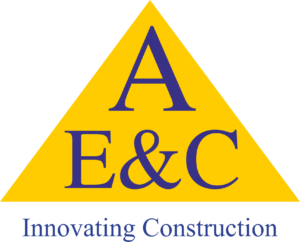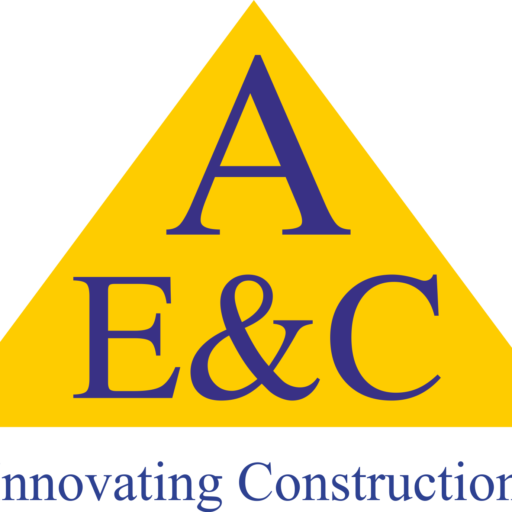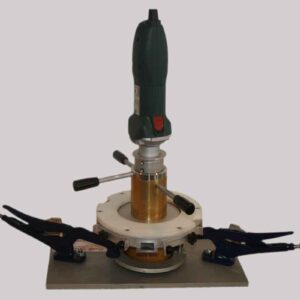Description
Principle
A powder sample of hardened concrete is obtained by drilling or grinding the cover concrete in the structure, or a sample is obtained from the fresh concrete. The sample is mixed with a specific amount of extraction liquid and shaken for five minutes. The extraction liquid is designed to remove disturbing ions, such as sulfide ions, and extracts the chloride ions in the sample.
A calibrated electrode is submerged into the solution to determine the amount of chloride ion, which is expressed as percentage of concrete mass.
Two extraction methods are used:
- The RCT (Rapid Chloride Test) is used to determine the amount of acid-soluble chlorides
- The RCTW (Rapid Chloride Test Water) is used to determine the amount of water-soluble chlorides
The two methods use different kinds of extraction liquids. The type of method to use will depend on the specification criteria for maximum allowable chloride ion content in either hardened or fresh concrete. Note that the acid extraction does not remove chemically bound chlorides.
Accuracy
Numerous correlations have been made between RCT test results and chloride ion content determined by standard laboratory potentiometric titration methods such as AASHTO T 260, ASTM C114, DS 423.28 or NS 3671. The following graph shows the results of such correlations made by various laboratories in the Scandinavian countries and in the U.S.





Reviews
There are no reviews yet.